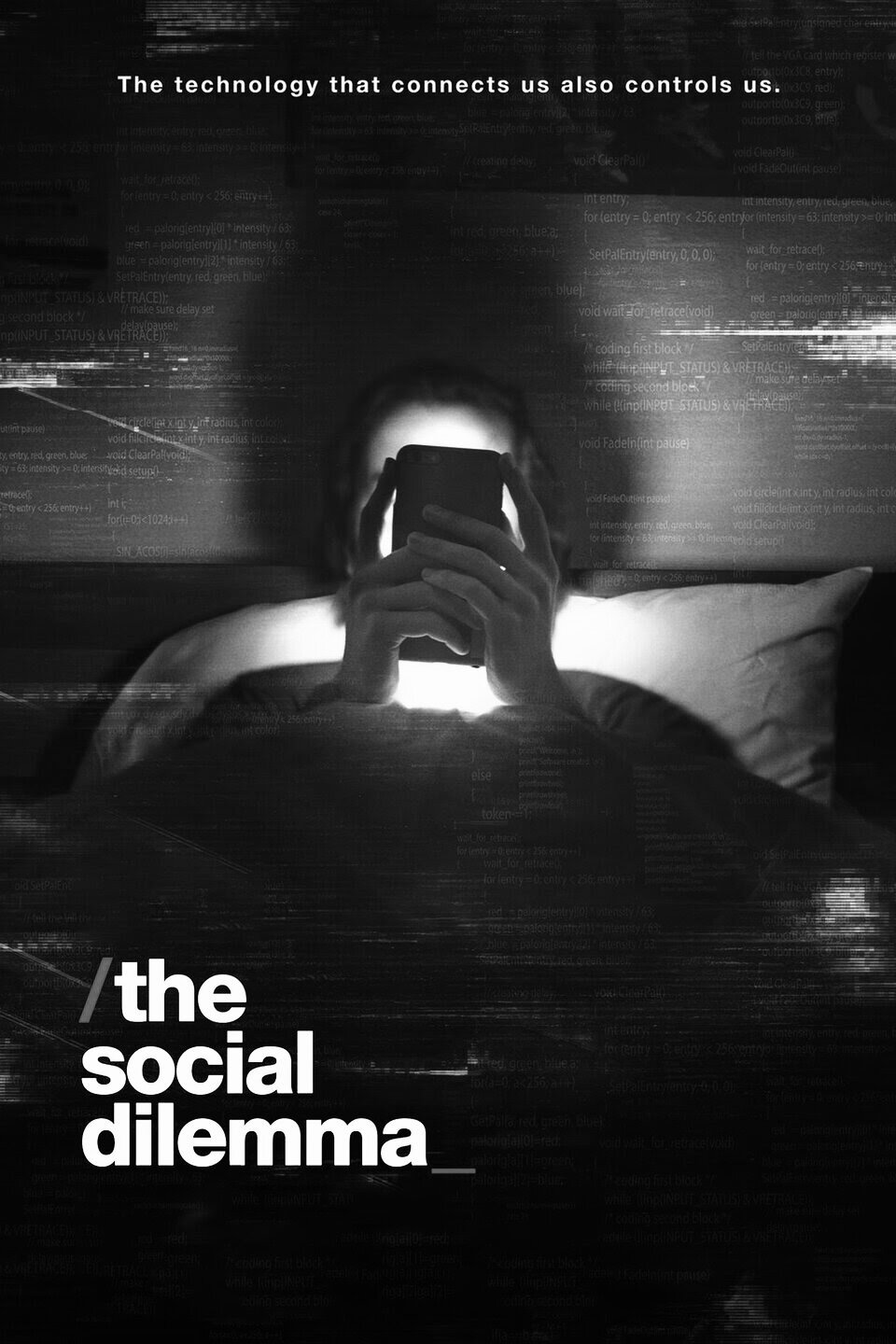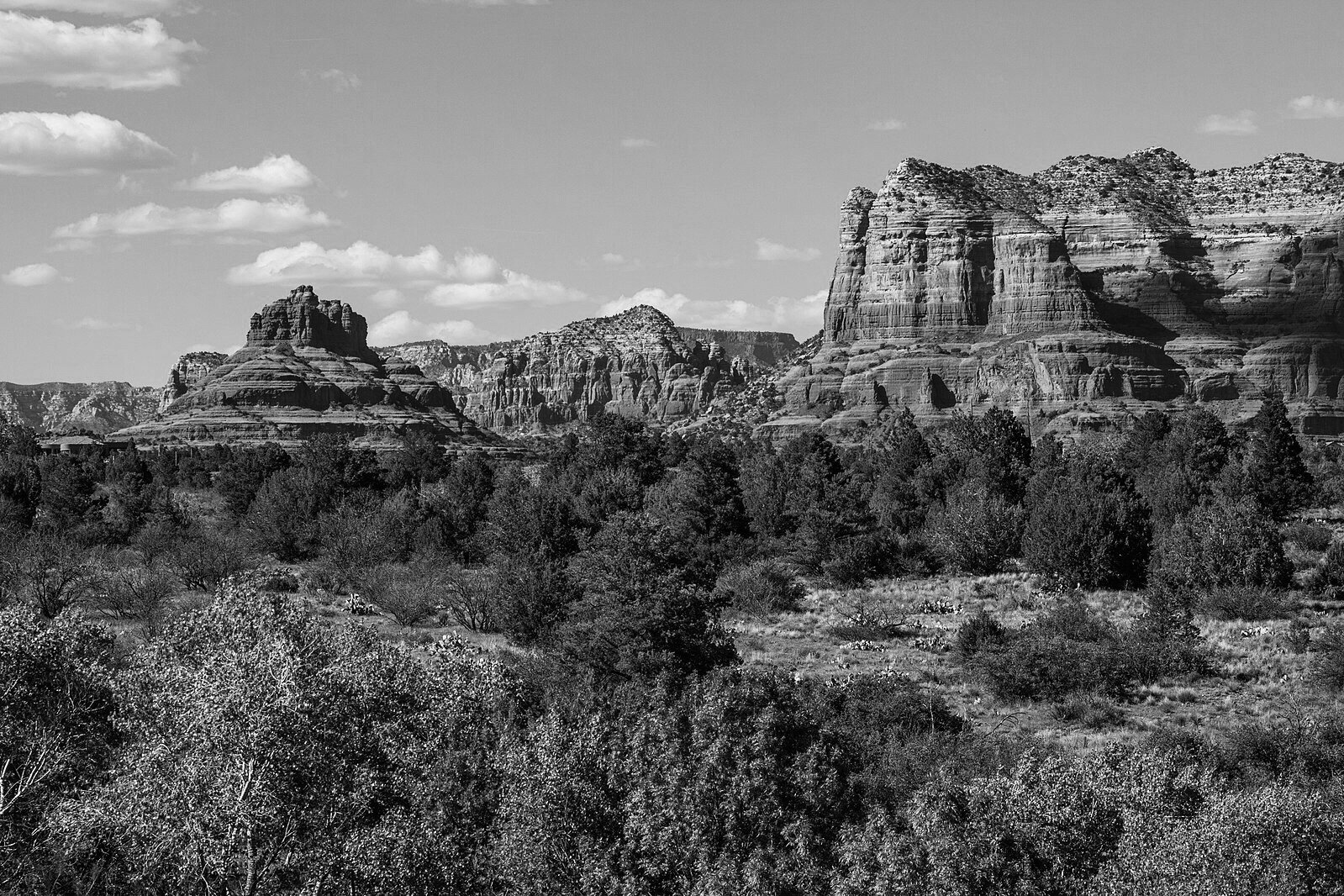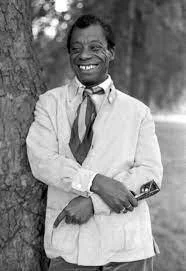On The Social Dilemma (or, A Really Dumb Way to express a Really Important Idea)
I recently took out a subscription to The Economist . I’m trying to make in a Sunday night routine - paging slowly through a curated list of information points, unusual angles and fresh perspectives that some very smart, very thoughtful people put together for me. Is it interesting? Kind of. It’s not the mental equivalent of Doritos - there’s no compulsion to it, I can very easily stop. But it’s not sanctimonious, thankless celery, either. It’s like... a good butternut squash soup. You could definitely think of something you’d rather be eating, but it’s hearty and substantial and probably good for your gut health. And, because of the way the world seems to want me to get my information these days, my sampling of The Economist is seasoned with a tinge of rebellion. Yeah, motherfuckers, you may want to monetise my outrage, but I’m going to chow down on a cultural high-fibre diet that acknowledges that shit is complicated.
The Economist is the opposite of Twitter. And Instagram, and Facebook. Social media is the news equivalent of Doritos - that shit is killing you slowly and quickly making you red-faced and constipated. This the gist of The Social Dilemma, and a point worth making well. Which, unfortunately, the film didn’t do.
The problems with The Social Dilemma are large and glaring, and need addressing before I get to what was worth holding onto.
First problem: the absolutely lousy dramatisations of a family that is being gasp torn apart by the evils of social media. What the fuck were they thinking? I can only assume that the filmmakers just didn’t have enough material for the feature film that they’d been contracted to deliver. That is literally the only explanation that I can fathom, because these dramatisations were, and I cannot express this strongly enough, terrible. The crap acting. The wooden, clunky, utterly embarrassing scripts. The personification of algorithms as a panel of three techmen that GCSE drama students would probably think was a tad obvious. Toe-curling in a way that modern entertainment rarely is outside of Eurovision.
It did nothing to illustrate the important points that parts of the film were making. In fact, scratch that, it actively undermined those points. No one can take seriously the idea that a character is radicalised into - and I quote - ‘the extreme centre’*. Cutting our poor little radicalised teenager with footage from Charlottesville isn’t just embarrassing, it’s trivialising and undermining. These attempts to mimic ‘radicalising material’ suffer from being less persuasive than the mad conspiracy theories that they endeavour to discuss. As a result, the film takes on a slightly tinpot, don’t-do-drugs-kids quality that undermines a very important point.
Overall, the film simply overstates its case. Not because technology isn’t responsible for creating and exacerbating many or even most of our social ills, but because it’s not the be-all and end-all. Democracy may be uniquely under threat at this moment in history, but I simply do not believe that it’s all because of The Algorithm. Maybe... a level of inequality that is more extreme than at any other point in human history? The looming prospect of a dying planet? A level of globalisation that perpetuates/coincides with the dissolution of many of the traditional institutions that gave structure to ordinary life, creating a void which strong men step in to fill?
As The Economist might argue, that shit’s complicated.
But there are good elements to the film, and the interviewees make a number of important points and cite several illustrative examples.
I like tech bros. I like the way they dress like crap even when they’re millionaires. Which is good, because I’m marrying one (a tech bro, I mean. He isn’t a millionaire. But he dresses fine.). And, in the eight years that it has taken me to meet, develop a relationship with and get engaged to said tech bro, I’ve had a number of conversations with him about - yes - tech.
As a result of those conversations, none of the points that the interviewees made in The Social Dilemma were really new information to me, but the points were expressed well. The fact that social media feeds were designed to operate in a similar way to Vegas slot machines is always worth pointing out - you can’t sustainably limit your social media use to ‘just five minutes a day’ any more than an alcoholic can enjoy a single wine spritzer. It is worth noting, likewise, that fake news spreads six times faster than true news, so the battle between truth and lies is really better conceived as David versus Goliath. That the smartest thing polarisation ever did is make you believe that the other side was just stupid. That Google’s predicted answers to your search ‘climate change is...’ varies depending on where you are. That your Twitter feed is no closer to depicting objective reality than a Wikipedia entry that was precision engineered to write exactly what you wanted it to read.
All of these things are, in isolation, kind of small. And we’re really bad at understanding how significant small changes can be if enacted at large scale. If you don’t believe me, just think about how hard it was to get a load of people (who’d studied economics, for fuck’s sake) to understand exponential growth when corona started spreading. If we understood how important small changes were over a long period, we’d start investing much younger and stop eating a daily chocolate bar.
But we don’t understand the effects of the drip-drip of echo chambers, of information curated based on what we want to hear, of suggestions that are tweaked to replicate our biases. And the film did a good job of helping to make that case - a case that needed making. But The Social Dilemma is kind of in an echo chamber all of its own - tech is simultaneously all of the problems and all of the solutions.
To which I say - maybe get offline and away from all that overstimulation. Stop being angry. Maybe be a bit bored instead. Maybe go read The Economist.
*presumably conceived as a clumsy way for the filmmakers to duck the question of whether the extreme left or the extreme right is more pernicious, which I kind of get, but also, NO


